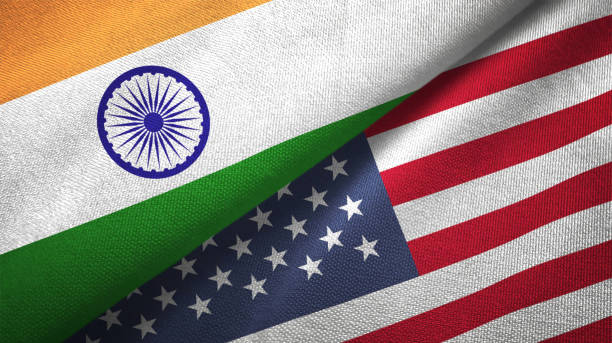As 2025 approaches, Indian applicants planning travel to the United States face significant shifts in visa policies, demanding thorough preparation and awareness of the stricter new requirements.
One crucial update targets prospective students and exchange visitors, mandating the disclosure of social media accounts from the past five years. This unprecedented requirement means F, M, and J visa applicants must list usernames on their DS-160 forms, ensuring profiles are accessible to consular officers. It is strongly advised against deactivating or deleting accounts prior to application, as such actions could raise suspicion or cause undue delays in the processing of student visa applications.
Beyond social media scrutiny, a new $250 visa integrity fee will apply to most nonimmigrant visa categories, effective October 1, 2025. This additional charge, introduced under updated US immigration policy, targets travelers from non-Visa Waiver Program countries, adding a substantial cost for Indian applicants across various visa types, including work and visitor categories.
This integrity fee supplements existing charges like the MRV application fee and fraud prevention fees, potentially elevating total US visa costs for Indian applicants to between $425 and $473. While the Department of Homeland Security has hinted at potential refunds for compliant applicants, the precise mechanism for such reimbursements remains largely undefined, adding an element of financial uncertainty to the application process.
A significant adjustment also impacts the US visa interview process, with the interview waiver program set to drastically scale back beginning September 2, 2025. This change necessitates that a broader spectrum of applicants, including many seeking renewals for tourist or business visas, will now be required to attend in-person interviews at US consulates, potentially leading to increased wait times.
Under the revised policy, automatic interview exemptions will be rare, primarily reserved for diplomats and foreign officials. However, certain B-1, B-2, or B1/B2 visa renewal applicants might still qualify for a waiver if they have previously held a US visa, have no prior rejections, and are applying within a specific timeframe after their previous visa expired, offering a glimmer of relief for some seasoned travelers.
These sweeping updates collectively point towards more rigorous checks and extended processing periods for all US visa applications. Consequently, those aspiring to study, work, or visit the United States must embark on their application journey well in advance, meticulously preparing all required documentation and staying abreast of every policy nuance to mitigate potential complications or delays.
Navigating these evolving US visa regulations demands a proactive and informed approach from Indian applicants. Understanding the shift in requirements, from digital footprint transparency to financial commitments and revised interview protocols, is paramount for a successful application in the forthcoming year.






Leave a Reply